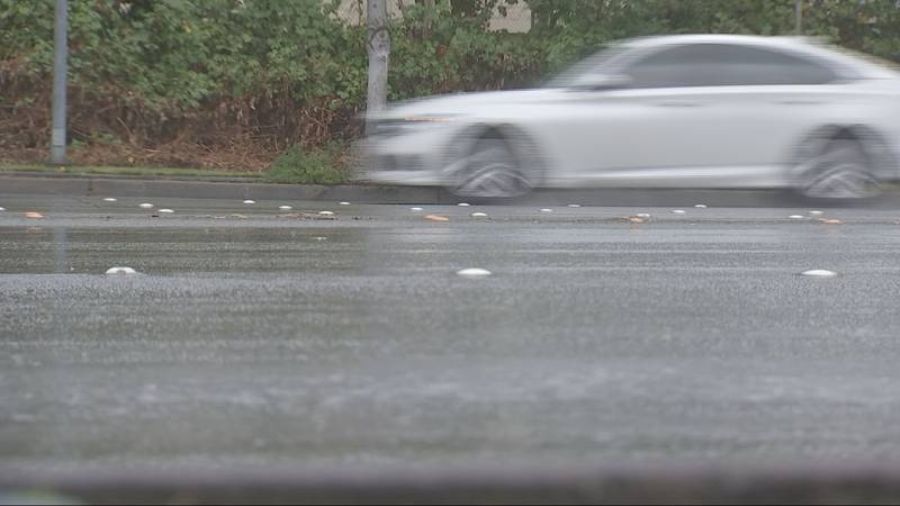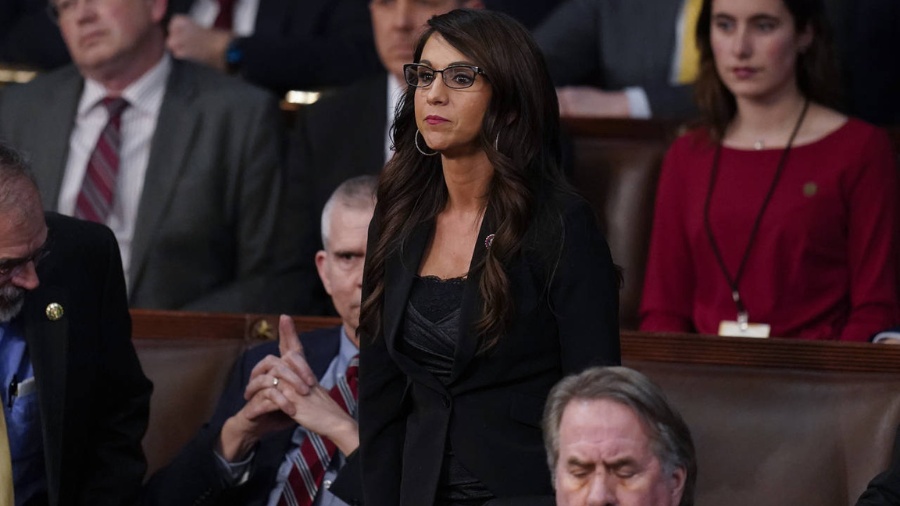UW race theory scholar explains how racism plays a role in public health
Jun 14, 2020, 7:01 AM
As the world looks for solutions to address issues of systemic racism, inequity, and injustice, can we just reform the police department, or do we have to reform the entire society?
Edwin Lindo has talked about this. He is a critical race theory scholar and lecturer at UW Medicine.
“I’ve brought my theory and expertise to medicine because what we found is that medical students, trainees, and physicians need and want the skill to be able to treat not just the illnesses and issues that they see in their patients in the clinics,” Lindo said, “but what is affecting their patients outside of the clinics?”
Lindo teaches about justice, racial theory, racism, oppression, and the undue influence, impact, and disproportionate harm these issues cause for patients.
On The Praxis Podcast, Lindo said black and brown people live in a system that literally kills them.
“That’s a statement that runs deep,” he said. “It’s not just true on face. It’s true in the way that our systems operate on a daily basis.”
New WA police recruits will be trained on black history, civil rights, to prevent bias
Using COVID-19 as an example, there’s been a disproportionate level of transmission and mortality for black, brown, and indigenous native folks in the United States, Lindo said.
“That was a creation of a legacy of unemployment, of lack of access to good education, of forced segregation based on racial lines,” he said.
Even in Seattle’s history, there was state sanctioned redlining.
“North of Madison, black folks couldn’t buy homes, they couldn’t live and they couldn’t operate there,” he said. “And it wasn’t just because people didn’t like them. It was entrenched into the mechanisms of law and home buying. … I have a colleague who showed me his grand deed in 2020 that had the legacy language that said this home cannot be sold to a Mongol, a black, or a Jew.”
If we were to look at a map of Seattle and King County, Lindo says, most black and brown folks live south of Madison. That area is also where we see the highest rates of respiratory disease, which is, of course, one of the leading causes of death for COVID-19.
“So there is a direct link to the racial segregation and the racial violence that will lead you to death and these communities having higher rates of chronic illnesses,” he said.
“But that is in the same conversation of trying to survive in a world where young black men, one of the leading causes of death for them is being killed by police,” Lindo added. “So one in 1,000 young black men will die at the hands of police, which is sad and devastating.”
So how do we undo the legacy and racism that has now led to medical problems? Lindo used Georgetown in Seattle as an example.
“The concentration of respiratory disease in King County is there in Georgetown and slightly further south in White Center,” he said. “It becomes a very discrete medical issue because the choices of running I -5 through a poor neighborhood wasn’t an accident, where you have high levels of manufacturing, big rigs that are driving through, … and the particulates that are flying out of the trucks into the soil, where the children of our families are playing in the backyard, playing with the dirt, rubbing it on their face, maybe even putting it in their mouth, adding to the respiratory issues.”
“Well, that child who may end up having asthma, which I did, walks into the clinic, and our primary care provider, in their mind, believes that the only thing they can do is provide the prescription for asthma. And so the inhaler is given to them. They go back home and they use it,” Lindo added.
But the child is now back in the same situation that caused them to come to the hospital.
“We’re not actually addressing the root cause,” Lindo said. “Medicine can’t stand in the silo of its clinic. It has to get out and actually advocate for the better health of our community.”
If you look at major chronic illnesses — diabetes, hypertension, high blood pressure — medical students are taught that it starts with risk factors.
“Risk factors suggest a pathology, meaning it suggests that if you have one of these risk factors, it will increase your likelihood of having the disease,” Lindo explained. “Well, usually, the number one risk factor for those chronic illnesses is race.”
So Lindo asked how a phenotypical expression is the risk factor for biological disease that is influenced and determined by the environment through which people experience the world?
“And why isn’t racism the risk factor that leads to hypertension, high blood pressure and a number of the other chronic illnesses?” Lindo posited. “It’s because medicine hasn’t wrestled with the reality that racism must be pathologized and must be the risk factor, not the person and their skin color.”
Lindo does think many of issues he raised can be addressed by four basic things.
“If folks have good access to health care, if they have good access to an education, that they have a roof over their head, and that we don’t have the type of policing that over criminalizes certain communities to where we have a two million person prison population,” he said. “We would have a fundamentally different health story that we would be telling.”
Listen to Seattle’s Morning News weekday mornings from 5 – 9 a.m. on KIRO Radio, 97.3 FM. Subscribe to the podcast here.














